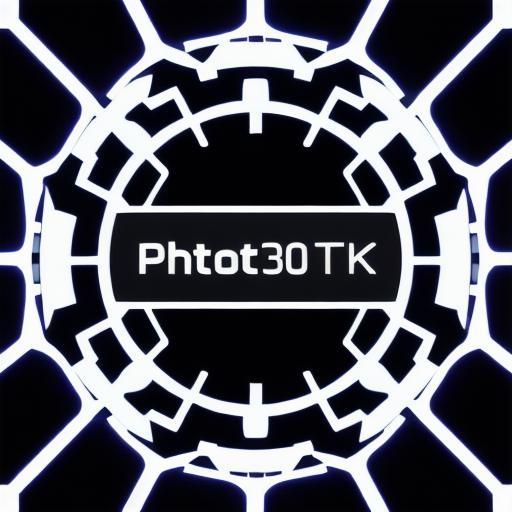Unveiling the Mystery: Is Web 3.0 Truly Anonymous?

Web 3.0 is often touted as the next big thing in the world of technology, promising to bring decentralized applications and a new level of privacy to the internet. However, there is still a lot of mystery surrounding this concept, particularly when it comes to the question of anonymity. In this article, we’ll take a closer look at Web 3.0 and explore whether it really delivers on its promise of anonymous transactions.

Web 3.0 is built on blockchain technology, which allows for decentralized applications that are not controlled by any single entity. This means that users have more control over their data and can choose to share or keep it private as they see fit. In theory, this makes Web 3.0 an attractive option for those who want to maintain their anonymity online.
However, there are a number of challenges to achieving true anonymity in the world of Web 3.0. One of the main obstacles is the use of public-private key pairs, which allow users to authenticate themselves and access decentralized applications. These key pairs are tied to a user’s identity, which means that even if they are not explicitly linked to their real name, they can still be traced back to a specific individual.
Another challenge is the use of smart contracts, which are self-executing programs that run on the blockchain. Smart contracts allow for more complex transactions than traditional financial systems, but they also require users to reveal certain information about themselves in order to execute them. This means that even if a user’s identity is not explicitly linked to their transactions, it is still possible to trace them back to a specific individual.
Despite these challenges, there are some examples of Web 3.0 applications that do offer a high level of anonymity. One such example is the decentralized marketplace, Soma, which allows users to buy and sell goods without revealing their identity. This is achieved through the use of cryptocurrencies, which can be used anonymously and are not tied to any specific user.
Another example is the decentralized social media platform, MindFuel, which allows users to create and share content without revealing their identity. MindFuel uses a unique reputation system that rewards users for contributing valuable content, rather than relying on likes or followers. This means that users can maintain their anonymity while still building a community of like-minded individuals.
In conclusion, Web 3.0 does offer some promising opportunities for achieving anonymous transactions and maintaining privacy online. However, there are also significant challenges to achieving true anonymity, particularly when it comes to the use of public-private key pairs and smart contracts. As with any new technology, it will be important to carefully consider the pros and cons before deciding whether Web 3.0 is right for your needs.
FAQs:
1. What is Web 3.0?
Web 3.0 is a decentralized system built on blockchain technology that allows for applications that are not controlled by any single entity.
- Is Web 3.0 anonymous?
While Web 3.0 does offer some opportunities for achieving anonymity, there are also significant challenges to achieving true anonymity, particularly when it comes to the use of public-private key pairs and smart contracts. - What are some examples of Web 3.0 applications that offer anonymity?
One example is the decentralized marketplace, Soma, which allows users to buy and sell goods without revealing their identity. Another example is the decentralized social media platform, MindFuel, which allows users to create and share content without revealing their identity.








